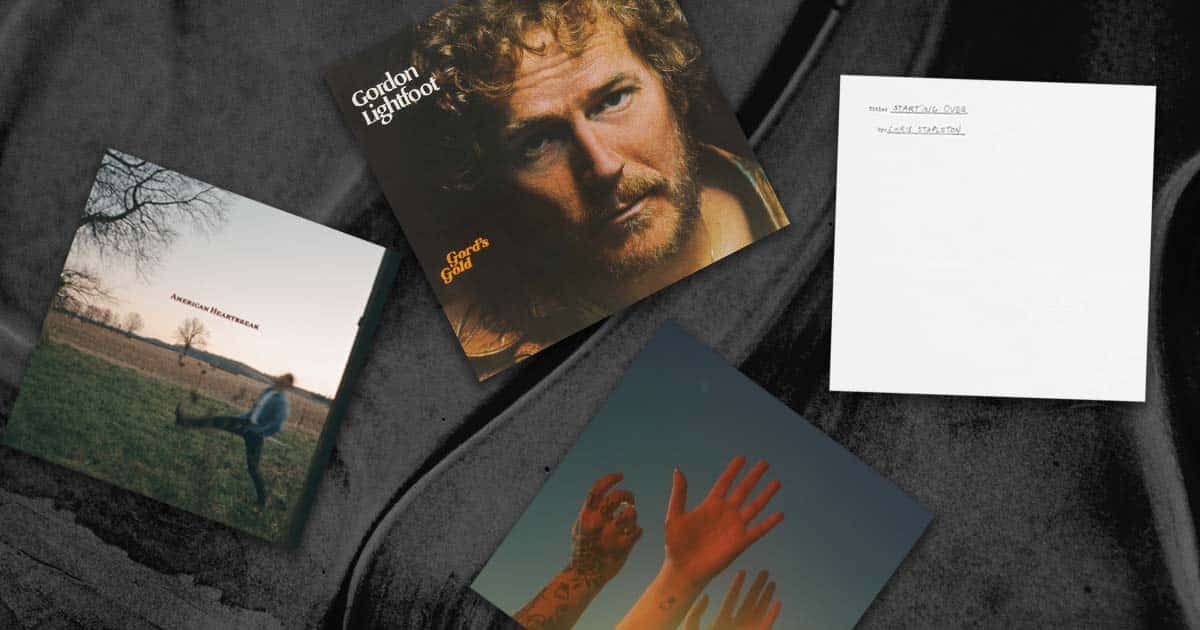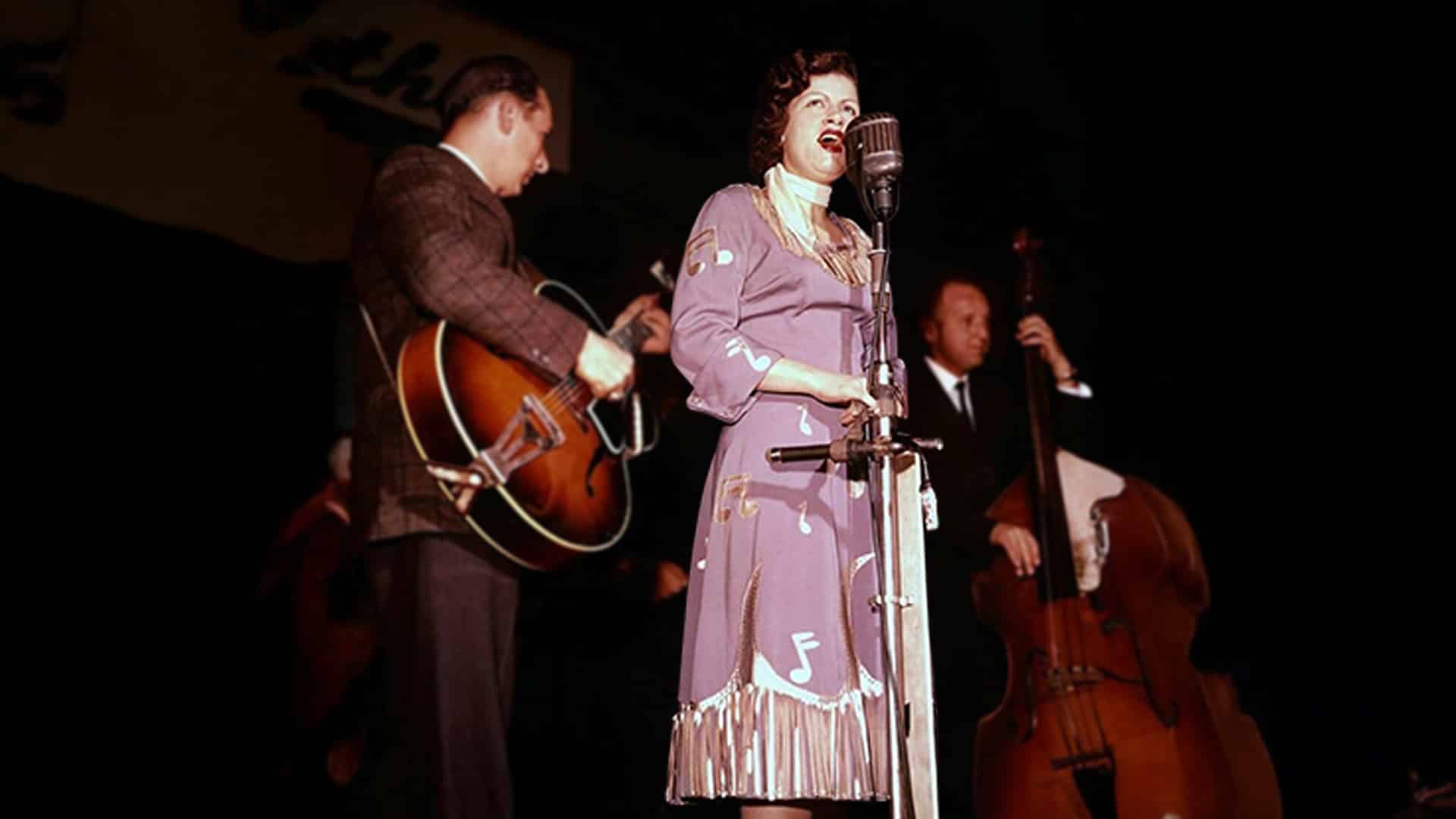In an interview with TODAY’s Jenna Bush Hager last September, Country Music Hall of Fame member Alan Jackson opened up for the first time about the health challenges he has been facing. The 62-year-old country singer shared that he has been reluctant to talk about his disease publicly but ultimately decided to do so as his fans may start to notice some nuances in his performances.
Alan Jackson revealed that he has been battling with Charcot-Marie-Tooth disease (a hereditary degenerative nerve condition that affects the peripheral nervous system that controls sensory information and muscle function in the lower leg and forearm, impacting touch, movement, and balance) for a decade now. And as years passed by, the effect of the disease has become more and more obvious. The country singer expressed that he was starting to have little trouble balancing, even in front of a microphone, and he felt uncomfortable and self-conscious. He thought it would be good for him to get it out in the open so that people wouldn’t be asking so many why’s.
What is Charcot-Marie-Tooth (CMT) disease?
According to the National Institute of Neurological Disorders and Strokes (NINDS), Charcot-Marie-Tooth (CMT) disease, named after the researchers who first described it, is a group of disorders that cause damage to the peripheral nerves which are in charge of helping transmit information and signals from your brain and spinal cord to different areas of your body.
It’s one of the most inherited neurological conditions that approximately affect one in every 2,500 people and there are more than a hundred different genes that are known to cause CMT. And depending on the individual’s specific gene, symptoms will present differently and in broad ranges of severities as well. But the most common symptoms of the disease, according to Mayo Clinic, present in the arms, hands, legs, ankles, and feet causing issues in sensation and strength.
According to the singer’s interview, the disease which he had inherited from his father has undeniably cut into his ability to perform live and there’s no way of really masking the symptoms in front of a live audience.
Amid Sachdev, MD and medical director of Michigan State University’s Department of Neurology noted with Health that since CMT is a genetic disease, it will get worse over time. Dr. Paul Twydell, a neurologist at Spectrum Health also added that individuals can develop it in childhood or adolescence and those who don’t get diagnosed until later in life tend to have a milder form of the disease.
But just like what Jackson said in his interview, despite the disease having no cure yet, it is not going to kill him. CMT is actually often misdiagnosed as its symptoms are common and attributable to other diseases and it can take about five years – from the onset of symptoms to a clearly-defined diagnosis. But for those who have already been diagnosed, doctors have found ways to make daily activities easier and manageable for patients through physical and occupational therapy.
Moving Forward
Despite his disease, Alan Jackson does not plan to give up on touring anytime soon, and just last October, he headlined a concert at Bridgestone Arena in Nashville. His goal is to power through CMT rather than just simply calling it quits and retiring.
Jackson said in his interview that he never wanted to do a big, cheesy retirement tour like what other artists do, only to take a year off and come back. While he acknowledged that the disease would definitely cause some changes in plans, he promised fans that he would try to do as many tours as he can.
Denise Jackson, the country singer’s wife of nearly 42 years, is standing strong supporting him. And she counts all the years they’ve lived as blessed, even calling it a fairytale life, because her husband will have so many songs for his grandchildren, and his great-grandchildren would also hear them and know who he was.
And for Alan Jackson, if there was a legacy that he would like to leave behind, that would be his songs. He said that he has always believed that music is the most important thing. Just last May, the “Don’t Rock the Jukebox” singer released his latest studio album, Where Have You Gone, composed of 21 tracks with 15 solely written by him. The album charted in the top 10 of the Billboard 200, proving that Alan Jackson definitely is still a force to be reckoned with.


















